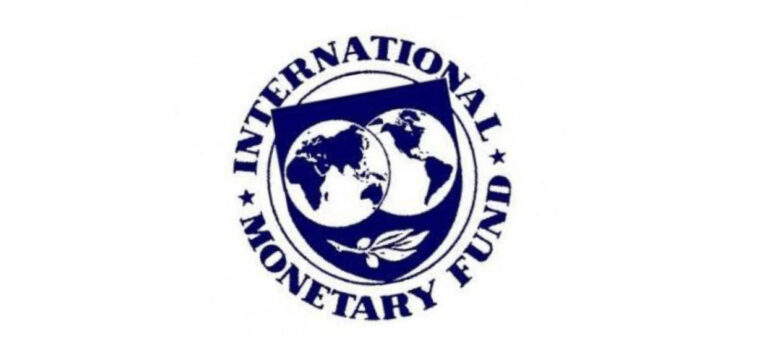
The International Monetary Fund (IMF) says achieving Nigeria’s projected 3.1 per cent economic growth outlook for 2024 depends on the implementation of stronger reforms.
Christian Ebeke, the IMF resident representative, said this at the Lagos Chamber of Commerce and Industry (LCCI) International Business Conference and Expo 2024 with the theme: “Invest Nigeria” on Tuesday in Lagos.
Mr Ebeke said that further governance and business regulations reforms were needed for the country to grow slightly from the 2.9 per cent rate of 2023.
He said such reforms would transform its growth momentum into something more durable. However, he said the country had recorded progress in its credit market and financial and external sectors.
“Insecurity, tight financial conditions, multiple taxes, insufficient power and corruption are foremost constraints identified by businesses,” said Mr Ebeke.
He added, “What comforts the IMF is that these issues can be addressed by the Nigerian government, and they are currently being addressed through reforms by the federal government, and we are encouraged by the fact that these issues can be reversed.”
Mr Ebeke said Nigeria should close the structural gaps like India by reducing governance and business regulation bottlenecks by 25 per cent.
According to him, if that is done, the gross domestic product (GDP) output can be lifted by 6.4 per cent in the next three years.
The Minister of Marine and Blue Economy, Adegboyega Oyetola, said that despite existing challenges, the government was committed to creating an enabling environment to foster economic growth and attract significant investments.
He highlighted some of the government’s incentives designed to drive investment in the marine and blue economy sector as tax exemptions for businesses operating in free trade zones and infrastructural support.
He added that the government had provided new export opportunities for the marine sector under the Guided Trade Initiative (GTI) of the African Continental Free Trade Area (AfCFTA) and the Cabotage Vessel Financing Fund (CVFF), among others.
Governor Babajide Sanwo-Olu of Lagos State said the state, being Africa’s economic hub, offered a conducive business environment, a strategic location, a vast market, and energetic talents.
Mr Sanwo-Olu said his administration had implemented and continued to implement policies and initiatives to attract investments, create opportunities, and drive growth.
He said infrastructure development was a key area of focus, and the state was upgrading and expanding transportation and logistics networks, telecommunications, healthcare, education and digital ecosystem infrastructure.
Gabriel Idahosa, LCCI’s president, said, “To fully harness the nation’s potential, there must be an enabling environment to support business growth, encourage innovation, and ensure that local and international investors remain confident of their investments.
“We also see the government embarking on bold reforms in various sectors, including agriculture, energy, foreign exchange markets, and technology, to further diversify our economy and reduce our reliance on oil.
“We urge the government to create a policy and regulatory environment to attract foreign investments into building factories in Nigeria to manufacture the many products we import today.”
Meanwhile, ambassadors to Belgium, Germany, Israel, Bulgaria, India, Ireland, Kenya, and Bangladesh affirmed their commitments to deepening partnerships with Nigeria across several sectors of its economy in mutually beneficial ways.